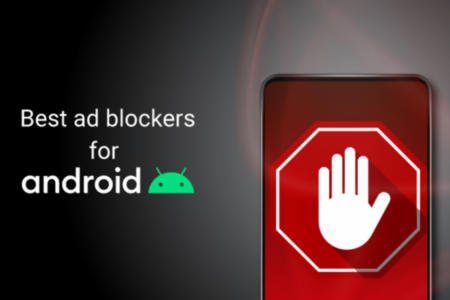In the world of video gaming, software licenses serve as the backbone of how games are distributed, used, and enjoyed by a global audience.
These licenses are agreements between the game developers (or publishers) and the end users, outlining the rights and restrictions related to the use of the game.
Understanding the mechanics of software licensing in the video game industry is crucial for both creators aiming to protect their intellectual property and gamers seeking to enjoy their favorite titles within legal boundaries.
Let’s dive into how these licenses work and their significance in the gaming ecosystem.
The Essence of Software Licensing In Gaming
At its core, a software license in the video game industry grants the user the right to play the game, subject to certain conditions.

Unlike purchasing a physical object, buying a video game is more about acquiring a license to use the software.
This distinction is vital for copyright protection, ensuring developers retain ownership and control over their creations while allowing gamers to experience the content.
Licenses detail everything from the number of installations allowed to the permissibility of modding or reselling the game, guiding users on what is and isn’t allowed.
Navigating the Terms: What Gamers Need to Know
For gamers, navigating the terms of software licenses is essential to understanding their rights and limitations.
Here are some key aspects typically covered in video game software licenses:
- Usage Rights: Specifies how the game can be used, including the number of devices on which the game can be installed and played.
- Content Creation and Sharing: Outlines the rules around creating content with the game, such as streaming gameplay or creating mods, and how that content can be shared.
- Copy and Redistribution Restrictions: Clarifies the limitations on copying the game for backup purposes or redistributing it to others.
- DRM and Activation: Details any digital rights management (DRM) measures that prevent unauthorized copying and the process for activating or registering the game.
- End User Obligations: Highlights the user’s responsibilities, including compliance with terms and refraining from using the game for illegal purposes.
Understanding these terms helps gamers enjoy their games within the framework set by the developers, fostering a respectful and legally compliant gaming community.
The Impact on Developers and the Industry
For developers and publishers, software licenses are critical tools for protecting their work and ensuring they can continue to innovate and entertain.
By setting clear terms, developers can safeguard their games against piracy and unauthorized distribution, securing their revenue streams and funding future projects.
Moreover, licenses allow developers to manage how their games are used and shared, which is particularly important in an era where user-generated content and online streaming can significantly impact a game’s popularity and reach.
Embracing Community and Modding Culture: A Licensing Perspective
The video game industry’s approach to software licensing has also had to adapt to the vibrant culture of game modding and community-created content.
Recognizing the value that mods can add to the longevity and depth of a game, developers and publishers are increasingly crafting licenses that explicitly allow and even encourage this form of creativity.
By setting boundaries that protect the core game while enabling fans to contribute their own creations, these licenses foster a collaborative relationship between developers and the gaming community.
This balance ensures that while the intellectual property rights are safeguarded, the community is actively engaged, often leading to a more enriched gaming experience for all involved.

Future-Proofing Licenses In A Digital Age
As we venture further into the digital age, the importance of future-proofing software licenses becomes apparent.
The industry must anticipate and adapt to advancements not yet fully realized, such as augmented reality experiences, the integration of artificial intelligence in gaming, or even the potential legal and ethical considerations of emergent tech like deepfakes.
Crafting licenses that are flexible enough to accommodate future technologies while maintaining the protective and clarifying essence of these agreements is crucial.
This forward-thinking approach will ensure that the legal frameworks surrounding video games remain robust and relevant, ready to embrace the next wave of innovation in the gaming world.
Looking Ahead: Evolving Licenses For an Evolving Industry
As the video game industry continues to evolve, with new technologies and distribution platforms emerging, the nature of software licensing is also adapting.
Developers are exploring more flexible licensing models to accommodate cloud gaming, subscription services, and the growing interest in virtual reality.
These changes aim to meet the shifting demands and expectations of gamers while protecting the creative and financial investments of developers.
In conclusion, software licenses are foundational to the operation and enjoyment of video games, balancing the rights and responsibilities of developers and gamers alike.
By clearly defining what is permissible, these agreements ensure that the video game industry can thrive, fostering innovation, creativity, and fair play across the globe.
As we move forward, the adaptation of software licenses to new technologies and consumer behaviors will continue to shape the gaming experience, ensuring that the industry remains vibrant and legally sound for years to come.








